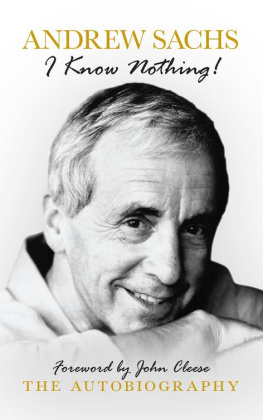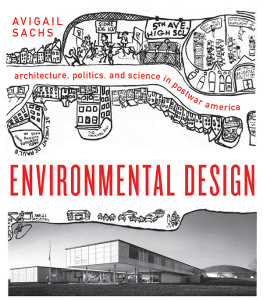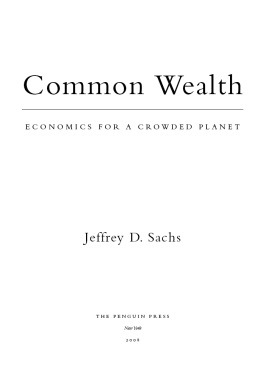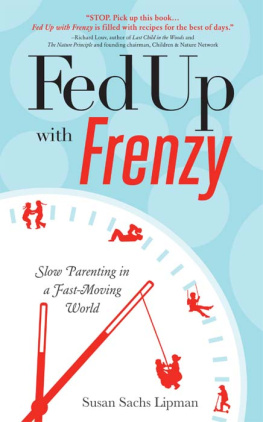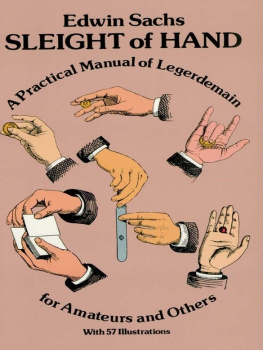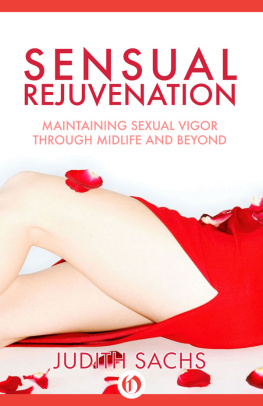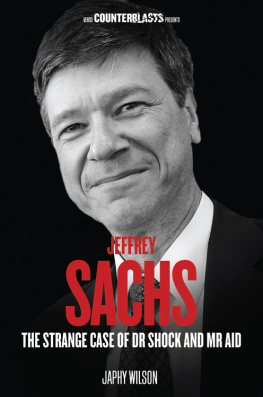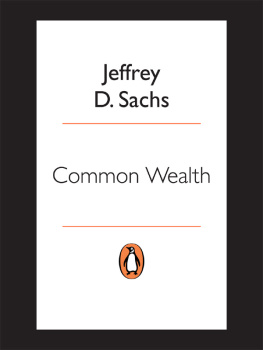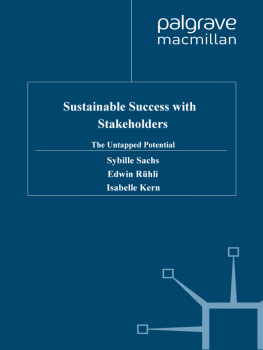I write in peaceful Kilburn today, the north London suburb where my wife and I live. I have spent much of my career trying to make audiences laugh and being very happy when I have managed to do so. Since I turned fifty, Ive been rather identified with a much abused Spanish waiter called Manuel, who was born in Barcelona and, somehow, landed a job at Fawlty Towers, a surreal seaside hotel which glories in the worst of British cooking and the best of British chaos. People sometimes , in fact, think I am Manuel.
But my beginnings were far away from the safety of leafy Kilburn. They were in the increasingly dark world of 1930s Berlin, where I was born to a Jewish father and a Catholic mother, and that is where I spent the first eight years of my life, quite unaware of what was to come.
O n 30 January 1933, Adolf Hitler became Chancellor and Germany became the worlds most wonderful country in which to live if you happened to be a Nazi, or a Nazi sympathiser , that is. Many Germans hoped nervously that a strong leadership might restore the prosperity and self-confidence that had been lost as a result of their defeat in the First World War. The country was desperate for an end to mass unemployment and hunger.
But not all Germans were optimistic, given Hitlers policies; many were afraid and some were in total despair, and others could not face the reality of the Nazis taking power. The result was a discordant hubbub with a headlong dive into apathy.
My aunt Barbara echoed a popular opinion when she declared that Hitler and his cronies were a bizarre affliction that would surely self-destruct within a few months. The man himself, after all, was a clown.
Then a wise old rabbi spoke. My good people, tell me please if this devil man is a clown, where are his jokes? Ill tell you: in a circus of horrors, thats where. And you meshuggeners, you crazy people, want to buy tickets to see the show. Do me a favour!
The Jews slapped their foreheads. Gevalt! they called out in unison. Youre right, Rabbi. What is a Jew if he cant have a laugh? Lets get out fast!
Getting out fast is a fine Jewish skill honed over centuries of practice as the strategy of Last Resort.
Over the following months and years, some but tragically all too few packed their bags and saved their lives as, indeed, Albert Einstein did. He renounced his German citizenship, dare I say, at the speed of light and infuriated the Nazis. They were angry they had not managed to revoke his passport before he told Hitler what black hole in the universe he should disappear down.
As for me, I was neither flushed with optimism nor in despair. I was having fun just being alive. That fateful January day was two months short of my third birthday. I was learning how to laugh and gurgle and get attention. I was learning how to scream louder than the day before and how to turn a full potty upside down to get attention.
Dont be alarmed, Katarina, said my Jewish father to his wife, but theres something going on with our youngest.
Im trying to make dinner, she said.
Hes worried about Hitler. I can tell.
My mother sighed. Oh, for heavens sake, she might have said, putting her arms about him. Everyones worried nowadays. Well, a lot of people are. Well get through this. I write she might have said because I dont have a photographic memory and I could be criticised because this book reports many conversations dating back to the 1930s. Let me plead guilty and not. These remembered conversations may not be word perfect, but they are accurate as to their general sense and the feelings evoked. I once wrote a play called Dramatic Licence, so Im taking some. Let me carry on with my memory of what my father said:
How? Let me in on the secret. What does our future hold, dear mother of three?
It holds dinner so get your hands washed. And theirs. And dont try so hard to be miserable.
Only when I was much older did I begin to appreciate the difficulties my parents had to cope with during the 1930s. And they turned out to be among the lucky ones: the survivors.
My parents were, and still are, my heroes. My father, Hans Sachs, was born in 1885 and married when he was quite young. He had a son but the marriage didnt last. He and his first wife divorced so he was free again. He met my mother, who had never been married, at a dance and it was love at first waltz. She fell for him. (I presume he danced well, a trait I did not inherit.) They got married in early 1925, not long before my older sister Barbara was born.
My fathers family were bankers and business people. They had a huge house but, after the First World War, they lost everything as a result of hyperinflation. Maybe not quite everything. A family story says that their circumstances were so reduced they were down to a mere four servants.

